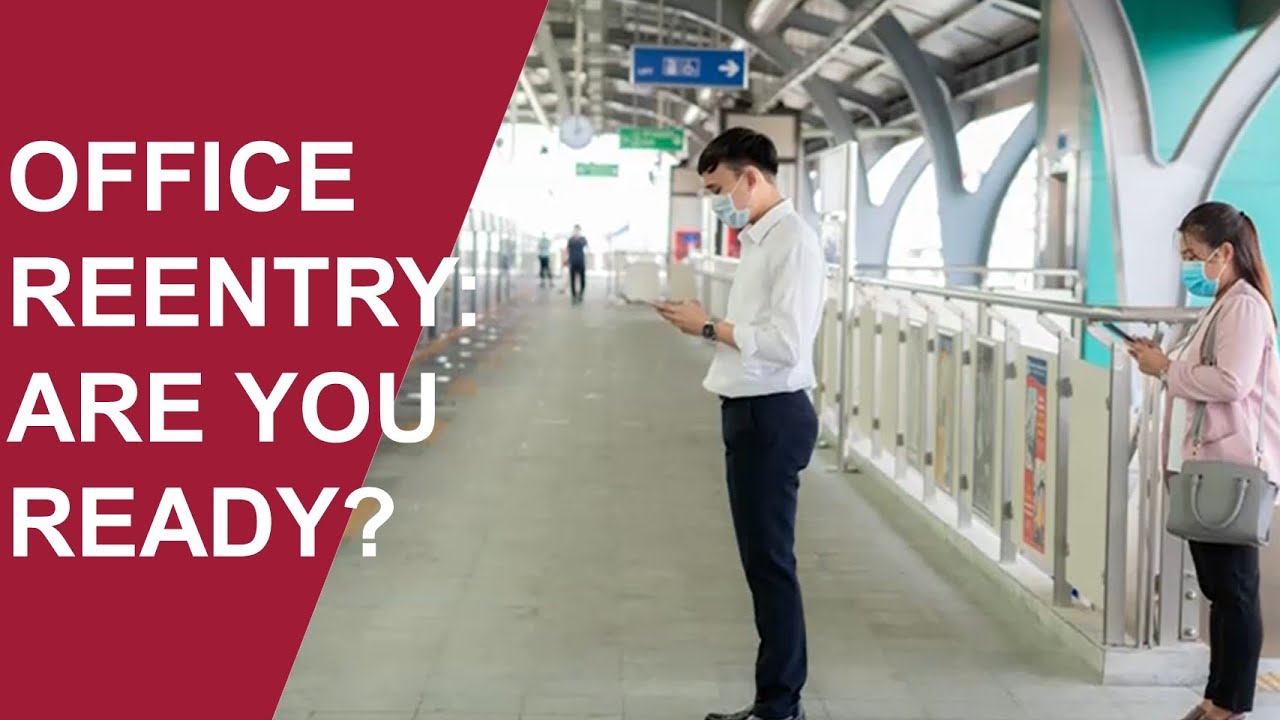Die Covid-19-Pandemie hat enorme Veränderungen der Arbeitswelt mit sich gebracht. Zahlreiche Firmen mussten komplett umdenken. Das ist nicht ohne Auswirkungen auf die Mitarbeiter geblieben. Viele Beschäftigte bewerten ihre Karriere derzeit neu. Das Virus hat mitunter für einen anderen Blick auf den eigenen Job gesorgt. Prioritäten verschieben sich, wie eine aktuelle Studie von Robert Half zeigt. Welche Trends bestimmen unsere Arbeitswelt in Zukunft? Eine Prognose:
In diesem Artikel lesen Sie:
- Trend 1: Home-Office als Standard statt als Benefit
- Trend 2: Work-Life-Balance neu bewerten
- Trend 3: Fokus auf Gesundheit
- Trend 4: Sinnvolles tun statt nur arbeiten
- Trend 5: Neue Skills werden wichtig
Trend 1: Home-Office als Standard statt als Benefit
Die Covid-19-Pandemie hat im Rekordtempo für massive Veränderungen in der Arbeitswelt gesorgt. Aber was bleibt davon, wenn wir uns Schritt für Schritt unserem alten Alltag wieder annähern? In der Arbeitswelt zeichnet sich zumindest ein Trend bereits seit Monaten ab: Home-Office wird wichtiger werden. Unternehmen, die sich in der Vergangenheit gesträubt hatten, Mitarbeitern die Arbeit von zu Hause zu ermöglichen, dürften allmählich die Argumente ausgehen. Die Monate im Lockdown haben schliesslich gezeigt, dass es sowohl technisch als auch organisatorisch möglich ist – selbst für Führungskräfte.
Und auf diese neue Flexibilität möchte ein Grossteil der Arbeitnehmer auch nach Corona nicht verzichten. Eine von Robert Half in der Schweiz durchgeführte Umfrage ergab, dass 73 % in Zukunft häufiger im Home-Office arbeiten möchten.
Trend 2: Work-Life-Balance neu bewerten
Ob es am Arbeitsplatz mit Familienanschluss lag? Oder an der massenhaft angeordneten Kurzarbeit?
In jedem Fall hat die Covid-19-Pandemie viele Arbeitnehmer bezüglich ihrer Work-Life-Balance nachdenklich gestimmt. Die hat sich für mehr als die Hälfte der Befragten (57 %) während der Arbeit am heimischen Schreibtisch nämlich verbessert.
Home-Office kann einen Beitrag leisten, ist aber sicherlich nicht der einzige Faktor. Vielen reicht diese Massnahme offenbar nicht aus: 22 % der Befragten erwägen einen Jobwechsel zugunsten einer besseren Work-Life-Balance, rund jeder Sechste ist sogar schon aktiv auf der Suche nach einer neuen Stelle.
Trend 3: Fokus auf Gesundheit
Das Thema Gesundheit stand in der Vergangenheit oft weder bei Arbeitnehmern noch bei Arbeitgebern im Fokus. Im Gegenteil: Sich krank zur Arbeit zu schleppen, gehörte in vielen Unternehmen schon beinahe zum guten Ton und wurde teilweise von Unternehmen durch Prämien für Mitarbeiter ohne Krankheitstage befeuert.
Die rasante Ausbreitung des Coronavirus hat uns vor Augen geführt, dass dies ein gefährlicher Weg ist. Gut möglich, dass Firmen künftig deshalb ein stärkeres Augenmerk auf die Gesundheit ihrer Angestellten legen. Denkbar sind beispielsweise regelmässige Check-ups, aber auch die Verankerung des Themas in der Unternehmenskultur.
Innerhalb von Belegschaften zeichnet sich schon jetzt ein neues Verständnis von Solidarität ab. Nicht mehr: Krank zur Arbeit, um die Kollegen nicht mit zusätzlichen Aufgaben zu belasten. Sondern: Zu Hause bleiben, um andere nicht zu gefährden.
Corona hat offenbar den Weg für ein kollegiales Arbeitsumfeld geebnet, in dem das ohne schlechtes Gewissen möglich ist. Knapp 31 % der von Robert Half befragten Arbeitnehmer sagten, dass sie sich künftig besser darauf vorbereiten wollen, Kollegen zu vertreten, die nicht arbeiten können.
Wie Covid-19 die Arbeitswelt verändern wird, sehen Sie auch in unserem Video:







